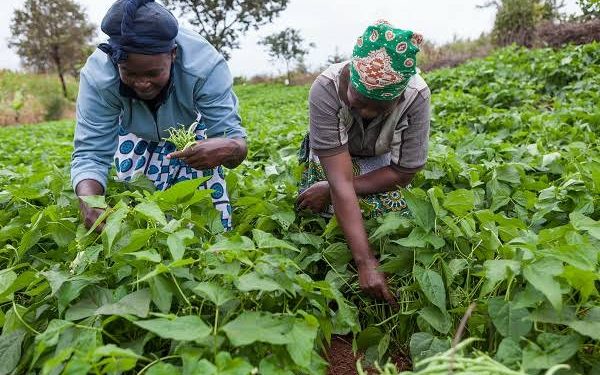The International Centre for Environmental Health and Development (ICEHD) has trained 100 women farmers in the Federal Capital Territory and surrounding areas on climate-smart agriculture and agroecology practices to help them adapt to the growing impacts of climate change.
At the training held in Abuja, a consulting partner for ICEHD said the initiative, carried out in collaboration with the Rose of Sharon Foundation, was designed to equip women farmers with the knowledge and skills needed to adjust their farming methods in response to changing climate conditions. She explained that the training would empower participants to adopt adaptation techniques that protect their crops and income from the adverse effects of climate change.
Through the programme, participants gained exposure to smart agriculture methods aimed at ensuring their produce remains viable despite environmental challenges. The initiative also seeks to enhance the economic resilience of women farmers, enabling them to better provide for themselves and their families.
Also speaking at the event, an Assistant Director from the Department of Agricultural Land and Climate Change Management Services highlighted the central role of information in promoting climate-smart agriculture. She encouraged the farmers to integrate climate-resilient practices into their farming systems to ensure consistent productivity in the face of a shifting climate.
She further explained that climate-smart agriculture goes beyond just planting crops. It involves understanding the weather, using the right seeds, conserving soil, managing water efficiently, and reducing greenhouse gas emissions. By learning these techniques, the women farmers are better positioned to sustain their livelihoods while also contributing to environmental protection.
According to her, women farmers often face unique challenges due to limited access to information, resources, and decision-making power. Training programmes like this are therefore essential to bridging that gap and enabling women to play an active role in building resilient food systems.
Many of the participants, drawn from rural communities within and around the FCT, expressed gratitude for the training. They said it had opened their eyes to new, practical ways of improving their farming methods while coping with erratic weather patterns that have affected their crop yields in recent years.
One of the participants noted that before the training, she was unaware of simple yet effective practices such as mulching and crop rotation. She said the knowledge gained will help her increase her farm’s productivity and reduce post-harvest losses.
ICEHD said it plans to continue monitoring the progress of the trained women and may provide further support through mentorship and access to resources. The organisation also called on stakeholders in the agricultural and environmental sectors to invest more in grassroots training and support for women, who form a significant portion of Nigeria’s agricultural workforce.
The initiative aligns with global efforts to promote gender-inclusive climate action, improve food security, and build sustainable agricultural practices, especially in vulnerable communities.










